South Korean authorities face a major issue in the Jeju Air crash investigation. The black boxes from Jeju Air flight 7C2216 stopped recording data about four minutes before the crash. This has hindered efforts to determine the cause of the disaster, which killed 179 people, making it South Korea’s deadliest aviation tragedy.
The flight data recorder and cockpit voice recorder failed during the final moments. Officials examined the black boxes locally and then sent them to the US for further analysis. However, they could not retrieve data from the devices due to severe damage. The flight data recorder, with a broken connector, went to the National Transportation Safety Board for further investigation.
The missing data raises concerns among experts. They suggest a power failure, affecting both primary and backup systems, might have caused this issue. This missing data hampers the investigation and makes it hard to determine the crash’s cause. Without the black box data, the inquiry faces significant challenges in reconstructing the event.
The crash occurred on December 29, 2024, when the Boeing 737-800 collided with a bird while approaching Muan International Airport. The pilot declared a Mayday call moments before the crash. Despite efforts to land, the plane’s landing gear failed, leading to a belly landing. The plane skidded off the runway, crashed into a concrete barrier, and burst into flames.
As the investigation progresses, officials are examining all available data. Families of the victims demand an independent review of the inquiry, with experts of their choosing involved to ensure transparency.
The Jeju Air tragedy has shocked South Korea, leaving the nation searching for answers. The missing black box data remains a critical obstacle in uncovering the cause of the crash.
Related stories:
Catch up on the top stories and travel deals by subscribing to our newsletter!

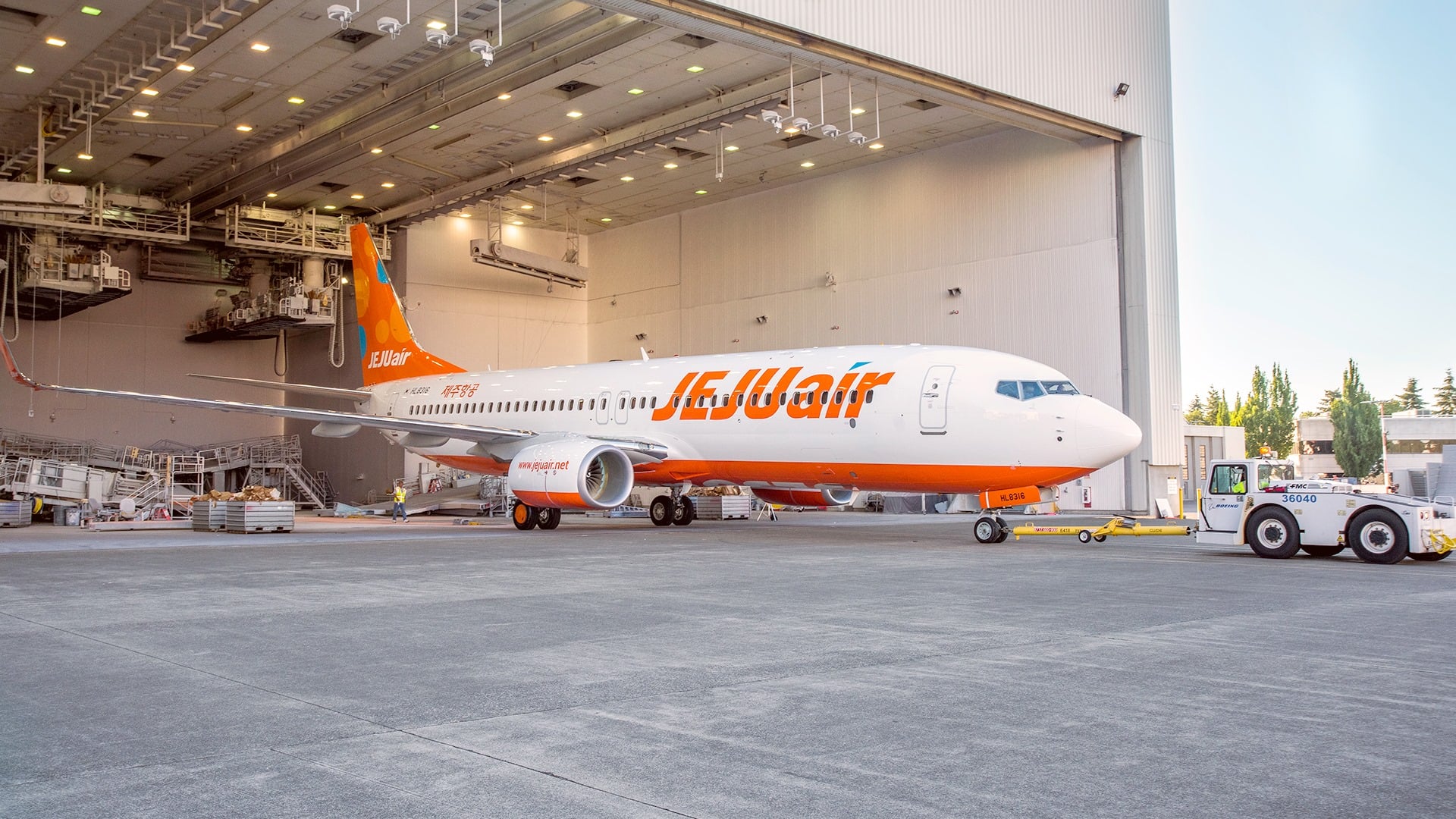

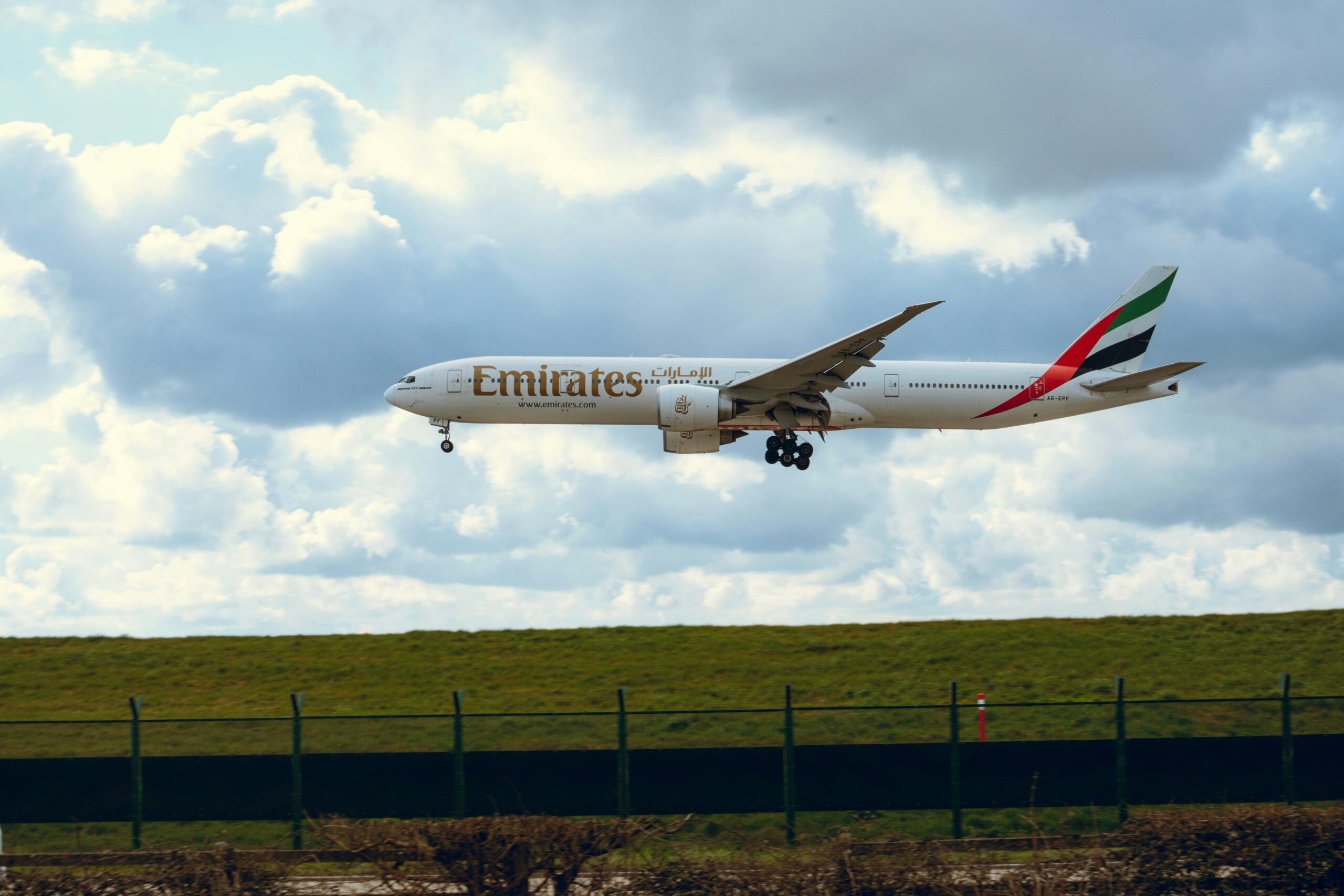
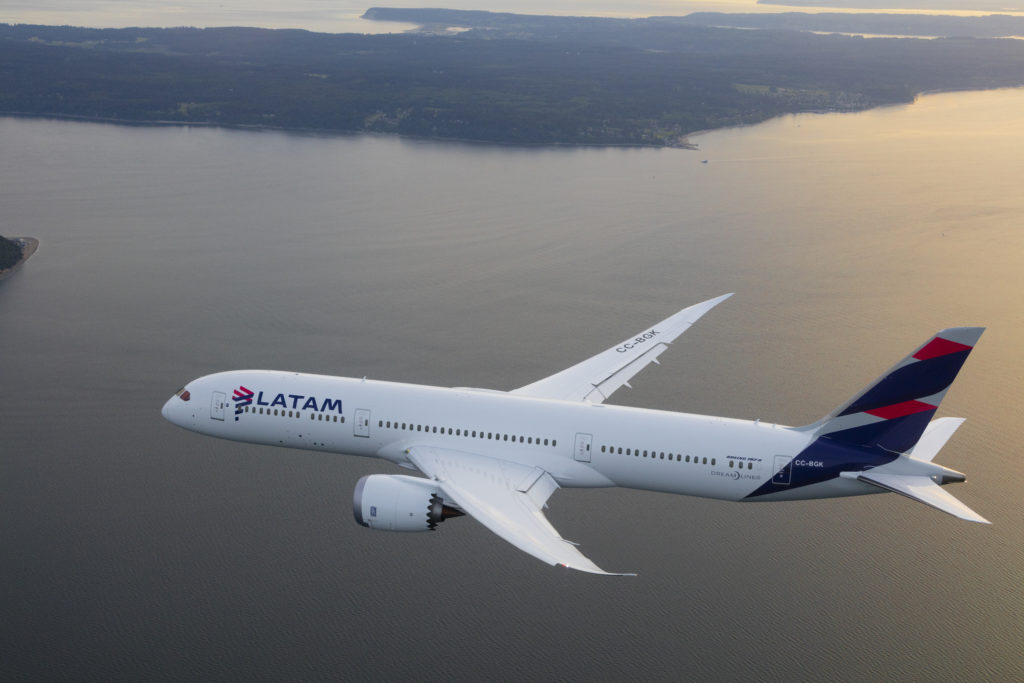

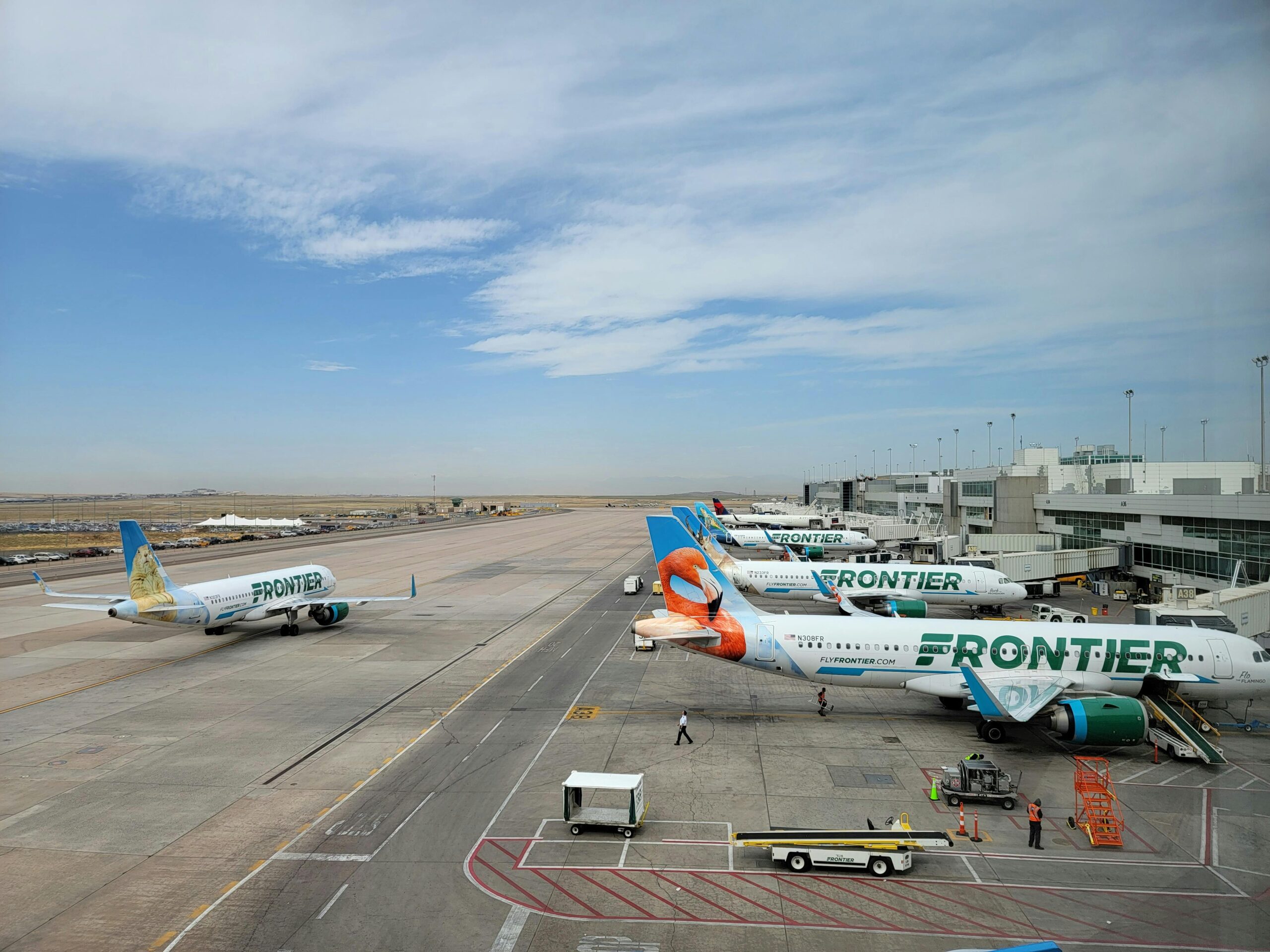
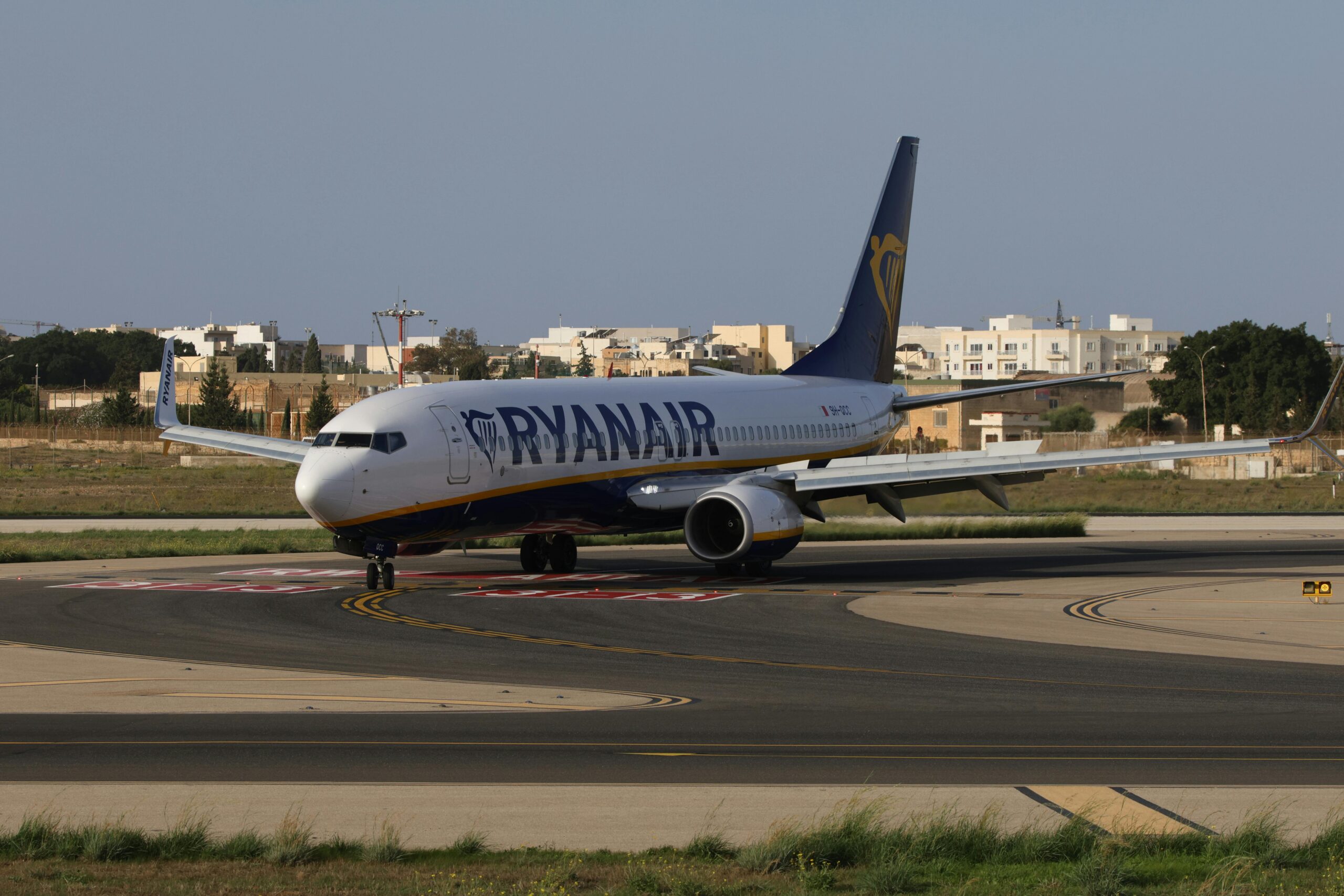




Leave a Reply